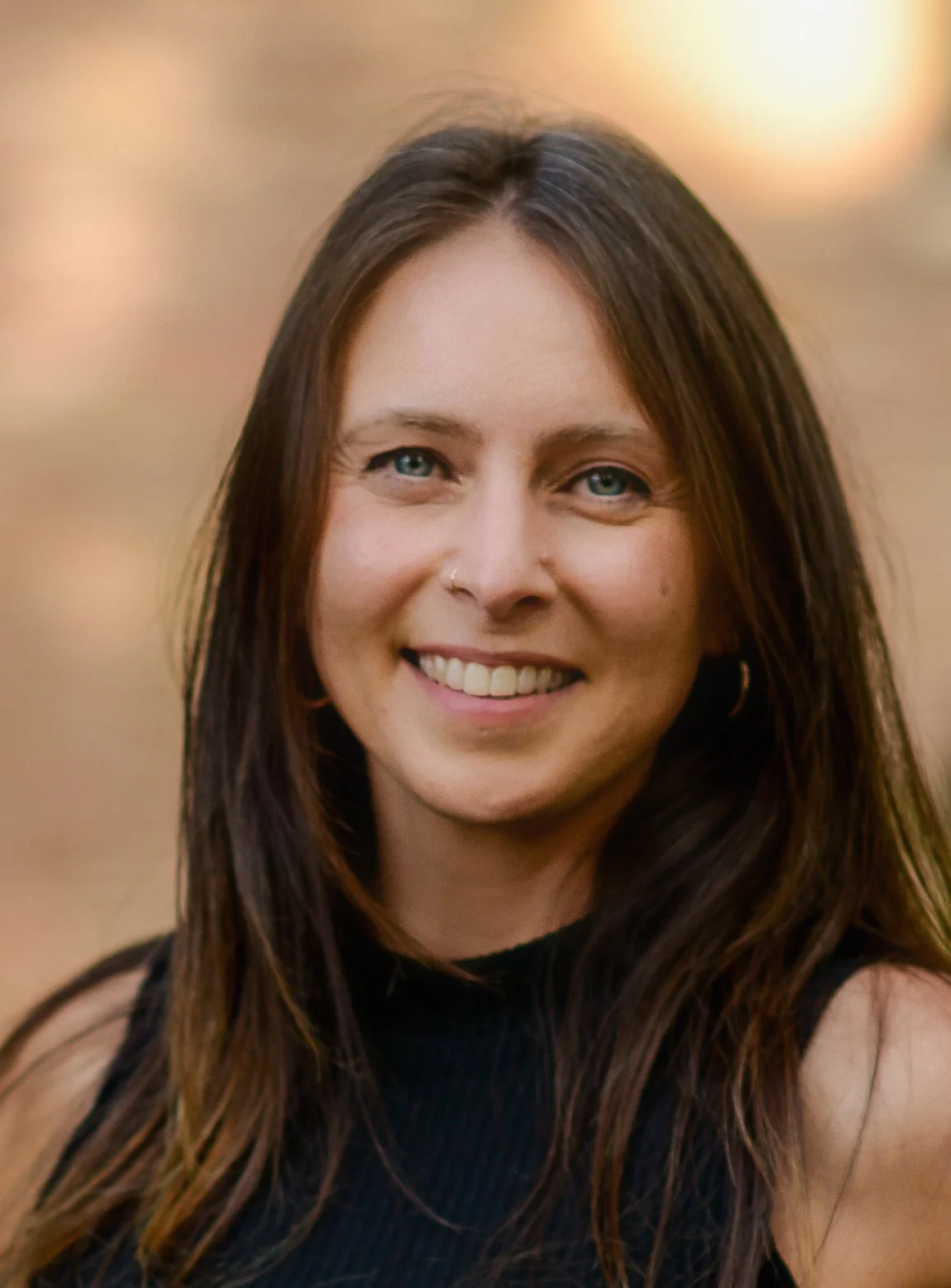A bit about me…
Creating a Safe, Supportive Space for Growth and Healing
My goal is to provide a safe, nonjudgmental space where you can speak openly—even about life’s most difficult challenges. In our work together, we’ll explore your needs, values, and patterns, and uncover meaningful opportunities for change, connection, and healing.
In addition to my clinical work, I serve as a Supervisor and Adjunct Faculty member at the Wright Institute in Berkeley and as a Cultural Group Facilitator at The Psychotherapy Institute. I also lead professional trainings on topics such as grief and loss, effective clinical listening, and culturally responsive care.
Depth-Oriented Therapy Rooted in Curiosity, Culture, and Connection
My goal is to develop a deep and nuanced understanding of your life—your personal history, relationships, identity, and hopes for the future. Together, we’ll explore your strengths, challenges, passions, and fears to uncover the root causes of emotional pain and identify meaningful paths toward healing and change.
I work from a psychodynamic and relational perspective, creating a safe, compassionate space where you can speak freely—without shame or judgment.
A central part of my approach is examining how history, culture, and context shape your experiences. I’ve worked closely with people from a wide range of cultures, communities, and professions, and I bring a culturally responsive, trauma-informed lens to our work. As a child of immigrants, I also integrate lived experience in exploring themes of home, identity, belonging, and resilience.
Supporting Those Who Support Others: A Career Rooted in Service and Sustainability
My path to clinical psychology was shaped by years working with local and international NGOs, where I supported communities affected by political violence, displacement, and systemic inequality. In that work, I also stood alongside the service providers, front-line responders, and organizational leaders who faced the dual challenge of serving others while managing the toll such work can take on their own well-being.
Through these experiences, I developed a deep appreciation for the internal conflicts many professionals face—balancing a purposeful career with the need for emotional sustainability, connection, and rest. Witnessing the impact of burnout, moral injury, and vicarious trauma inspired my transition into the field of clinical psychology.
Since then, I’ve had the privilege of working across a wide range of settings and populations, including:
Medical institutions such as the NHS (UK), Sutter Health, and UCSF’s Faculty and Staff Assistance Program, where I provided external support to patients struggling with medical concerns as well as embedded support to physicians, residents & fellows, hospital staff and university leaders
Schools, city agencies, crisis teams, and community mental health clinics, supporting K–12 students, adults and elders
Training institutions, supporting cultural responsiveness in clinical and organizational work for new clinicians and supervising training clinicians
These diverse experiences have helped me develop a holistic, trauma-informed, and systems-aware approach to mental health and wellness—particularly for those working in high-demand environments.
I have also offered professional presentations and trainings on topics such as:
Disenfranchised grief and reproductive loss
Coping with grief during the holidays
Developing the therapeutic alliance and effective listening
Mindfulness-Based Self-Compassion (MBSC)
Introductory psychotherapy training for psychiatry residents
